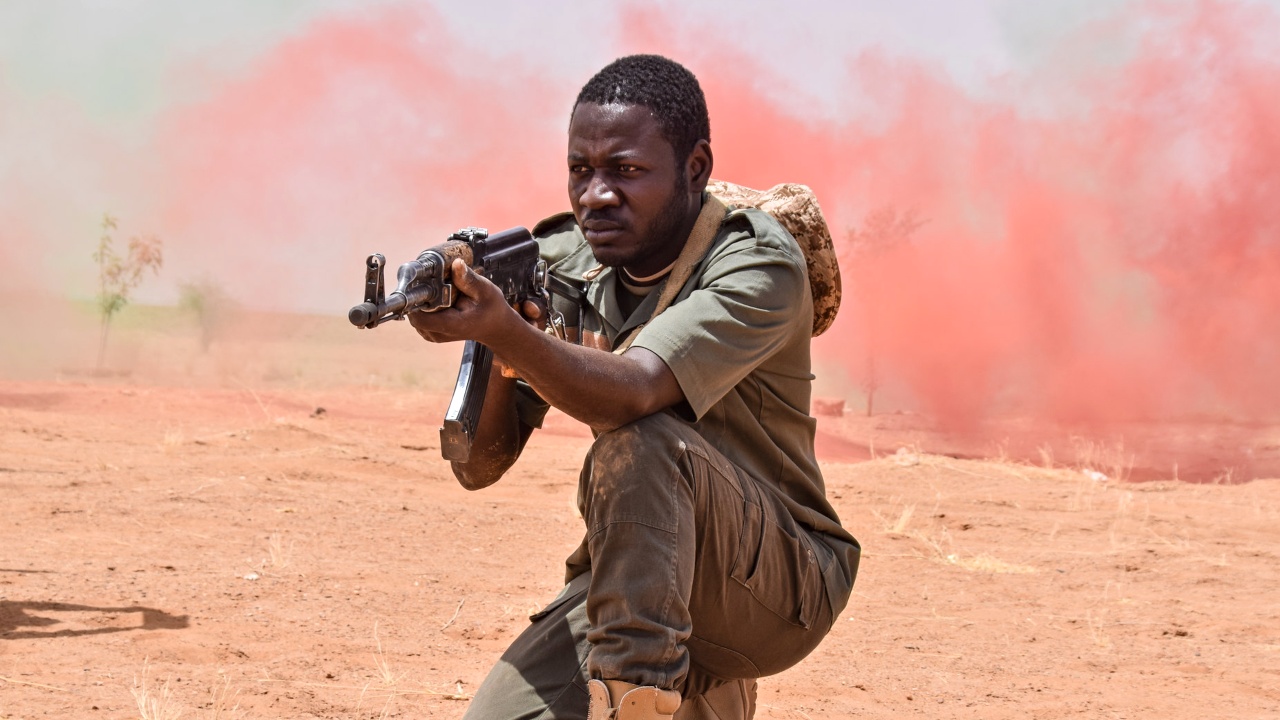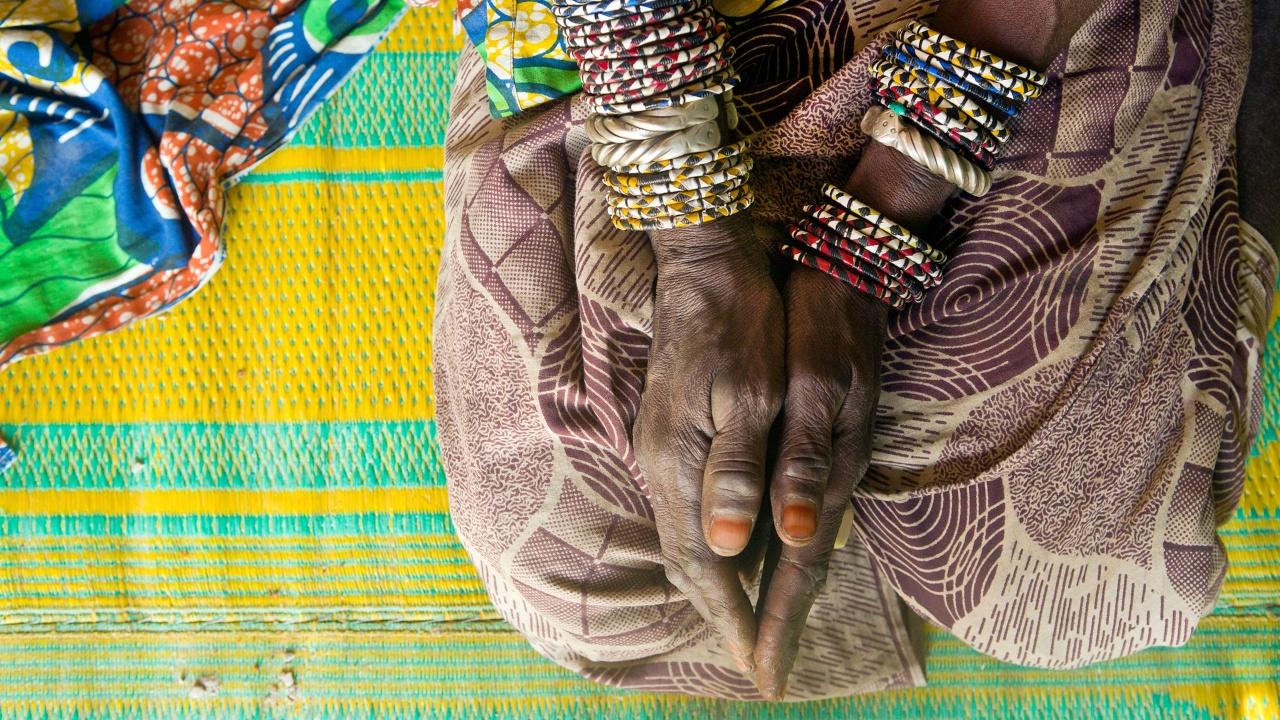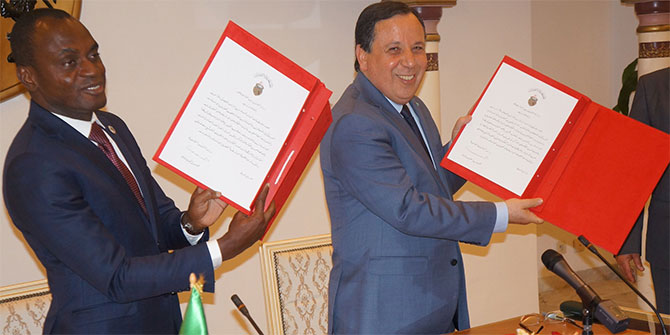To commemorate the start of the conflict in Darfur 10 years ago, Eman Eltigani remembers one of its survivors.
This month marks the 10-year anniversary of the conflict in Darfur. In 2003, rebels took up arms against the Khartoum government, accusing Sudanese president Omer Hassan Al-Bashir and his government of marginalising them. Since then, up to 300,000 people have been killed and almost three million displaced.
In a throwback to their past attempts at dialogue, the various Sudanese groups could not agree on a start date for the conflict and have therefore decided to recognise the entire month. Around this time in 2004, Fatama, a 15-year-old girl from Darfur, conceived a child after being raped in front of her family by Janjaweed militiamen. The humanitarian crisis in Sudan was still fresh in the media back then, and Fatama’s brutal story was widely circulated via international outlets.
A few days ago, I attended a lecture where the speaker mentioned the infamous Save Darfur campaign, sparking my memories of the not-so-distant past when I was working in South Darfur. Although I spent four years in the region, one recollection seemed more vivid than others: my memory of a woman who taught me powerful lessons about dignity, compassion, wisdom and courage—Fatama.
A journalist and I were visiting a camp in search of a story that could encapsulate the many atrocities that were being committed and to talk to the vulnerable internally displaced people seeking refuge there. Suddenly, a school teacher whispered in my ear, “Do you want to meet a girl who recently gave birth to a baby out of wedlock?” I discussed the suggestion with my colleague and we agreed to see her.
We were taken to a large classroom that was occupied by around 10 homeless families. Soon after we entered the room, its inhabitants began exiting in response to a call for food distribution. It was then that I saw a mother alone in a corner caring for her new-born baby. The young mother welcomed us and introduced herself as Fatama, but then fell silent. We were not sure how to communicate with her, especially as we could see that she was stressed and powerless in the face of her horrifying situation. Eventually, she managed to convey to us how she had been insulted and how her family had rejected her baby.
After hearing about her experience, we wanted to do something to help Fatama, and concluded that she needed time away from her family. As a member of the national staff working with an NGO, I knew I could not transport Fatama to a safe destination in the NGO’s car, nor could I house her in a separate NGO facility. I also knew that most international NGO staff members are indifferent to the plight of local people. But I was lucky to have access to a network of friends and fellow aid workers who sympathised and were able to navigate the rules of the system and secure Fatama a spot in a special feeding centre for two months. From there, she started frequenting a trauma centre and learned that although she would never return to her village, she needed to heal her wound, become strong, and face her family and community again.
In the years since then, some donors have scaled back funding for operations in Darfur while other organisations have been forced by the government to leave the country. I no longer know where Fatama is, nor do I know if her little girl survived the conditions in the camps. If she did, was she was able to attend school or did she become a rebel child soldier or part of the government militia? Few opportunities exist for the people in the camps and a decade of warfare and consequent dependency make it difficult for the community to become productive again. But I pray for all the mothers who must be wise and have the courage to save their children from the government, the rebels, and the dependency that is the fallout of all the good intentions of aid.
During my last visit to Fatama, she left me with reassuring words: “My daughter will bring peace in Darfur one day because she will forgive her father and love her mother.” Fatama healed in her own way; she survived the conflict and protected her child. I will therefore commemorate the conflict in Darfur by remembering Fatama—not the day her suffering started, but the promise of that future day when, through the courage and wisdom of people like her, we may see it end.
Eman Eltigani is pursuing her masters degree at LSE’s Department of Media and Communications and is the Silverstone Scholar.







Conflict still continues in Darfur. Since the war started in the provinces of West Sudan, people are still suffering there. The food is not enough for the IDPs who moved from their villages many months ago. Women can’t go out of the camp to bring wood to cook food. It’s very important when we think about those years of war in Darfur. Yes, ten years of war in Darfur, but people have hope to do better.
I like it, and therefore translated it to Arabic into my Corner:
http://kambali.blogspot.com/2013/02/blog-post_21.html